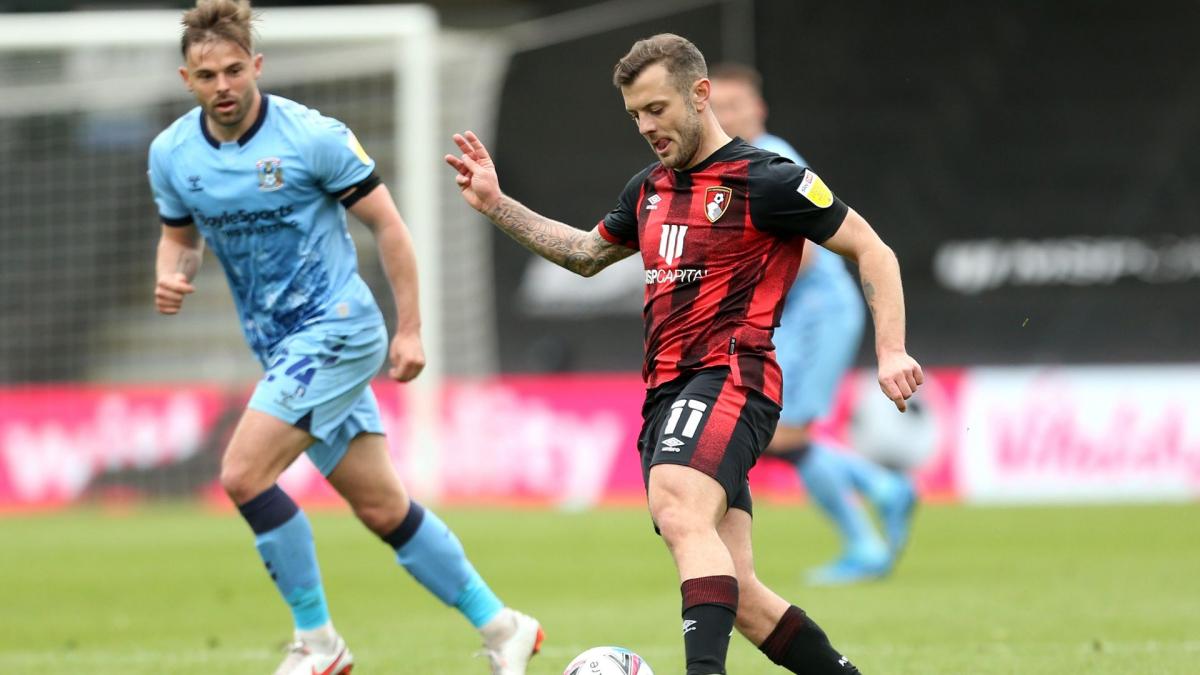New York, Eastern Ukraine: Behind the local billionaire’s chemical plant, the front line is a handful of miles away. The only renovated building is the cultural center telling the story of this city which until last year was called Novgorodské.
Tatiana Krasko proudly pushes open the imposing metal door. Between a small exhibition paying homage to the Ukrainian army and musical instruments, a few cards try to explain this “enigma”.
How did a small town in the industrial east of Ukraine, where German settlers settled in the 19th century, end up being called “New York” until the Soviet authorities renamed it in 1951?
“It’s a mystery that still hasn’t been solved,” says Tatiana Krasko, coordinator of the cultural center and local association manager. A mystery that few today seek to solve.
In recent days, bombardments have again ringed out around the city as growing tension with pro-Russian separatist fighters, and the tens of thousands of Russian troops deployed on Ukraine’s borders, raise fears of an invasion by Moscow.
Tatiana Krasko is seized with a bitter laugh: “We say to ourselves that they will be afraid to bombard New York”.
She recovers immediately. “It’s not so funny. There are bombings, New York has already suffered.”
Novgorodské returned to New York in the summer of 2021, after five years of “struggle” by activists who launched the process in 2016. Why so long? “There was no desire from the authorities,” she continues.
“Maybe they were afraid it would cause a scandal. Maybe they thought New York on the front line would sound weird.”
She does not hide that part of the population, attached to Soviet memory, demonstrated against the project. “But young people, those with an active social life, were all in favor of change.”
– “Is it going to be war?” –
Sérioja and Angela, 16 years old each and interns in a college about forty kilometers away, have no opinion on the question. They came back for the weekend but are thinking of leaving. Definitely soon.
There is not much to do in New York. More than an employer, the phenol factory owned by Rinat Akhmetov, the richest man in Ukraine. The small station is the terminus of the suburban train for Kramatorsk, the large regional city still under Kiev control. Beyond that is Donetsk and the Moscow-backed separatists.
“When we grow up, I don’t know if it will make sense to stay here longer. I don’t know how long the war will last. We will have to leave,” Sergei breathes.
The war is on everyone’s mind. The escalation on the front line since Friday has suddenly strained residents.
“Is it going to be war?” Shouts Klava Blynska, 90, from her balcony. “I don’t want war! I’ve seen it before. I don’t want to live anymore, I want to die!”
Better not ask her what she thinks of the renaming of her town. “They are idiots, why did they make this decision?”, she complains before returning to what concerns her: “If Putin goes to war, he’s a moron!”
But for her, as for many in New York, the culprit is the Ukrainian government, the pro-European revolution of 2014, which caused the flight of pro-Russian President Viktor Yanukovych and the annexation in return of Crimea by Russia, then the war. in the East.
“If I told you what I think, they would judge me in Kiev”, slips a fifty-something before closing the gate of his garden.
Eight years of forced ukrainization by the authorities, who have multiplied measures denounced by Moscow as “russophobic” have not caused any visible effect.
Ella Pylipenko, a 29-year-old mother, almost seems like she wants to hide when she says she wants “our land to remain Ukrainian”.
“It’s very difficult to live here. There’s nowhere to work, the salaries are small and there’s this bombardment,” she says, before adding with a touch of optimism “everything is fine and we hope for the best”.
–


